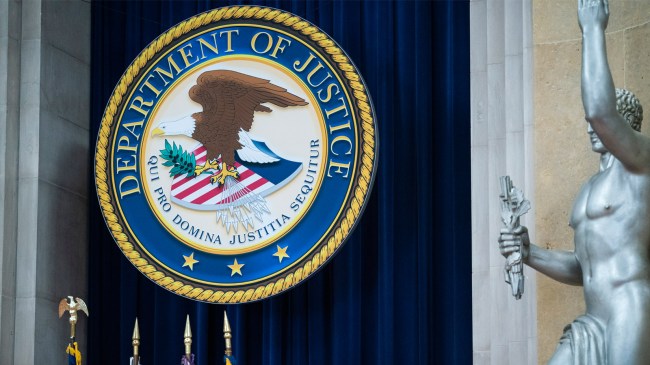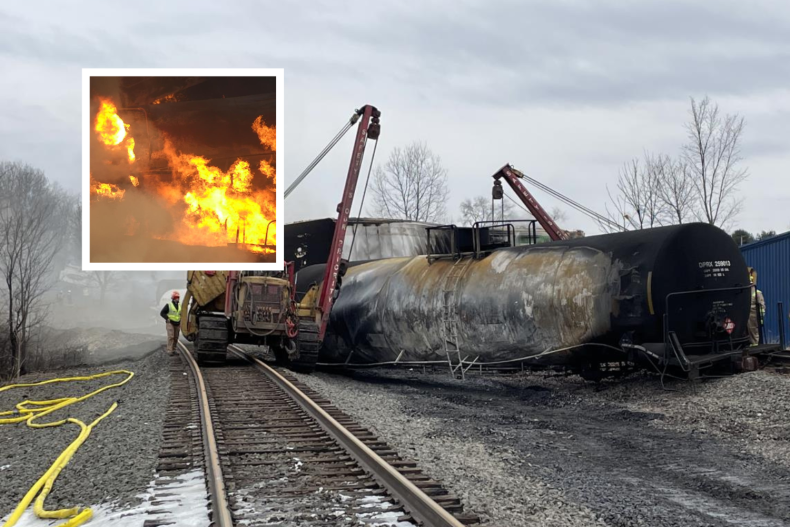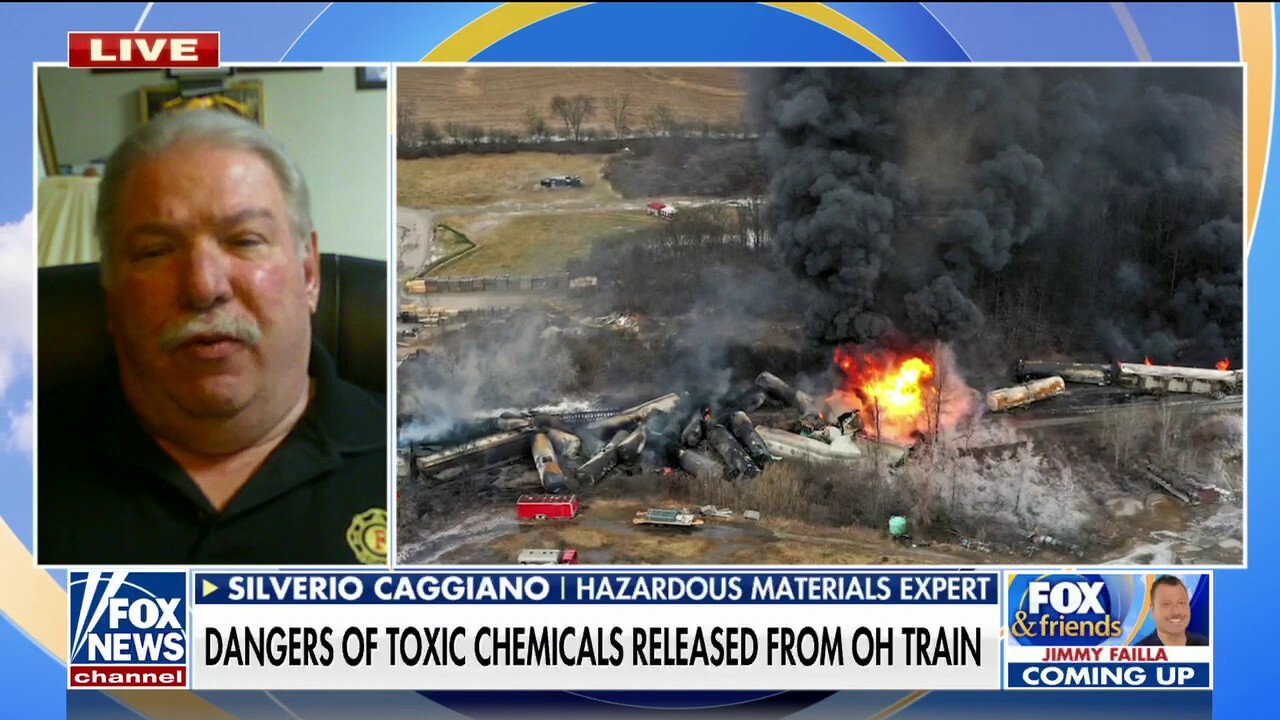The Zuckerberg-Trump Dynamic: Impact On Technology And Society

Table of Contents
Facebook's Role in the 2016 Election and Beyond
Facebook, under Zuckerberg's leadership, played a pivotal role in the 2016 US Presidential election and its aftermath, a role that continues to be debated and analyzed. This influence has been both constructive and destructive, highlighting the immense power and responsibility of social media platforms.
Cambridge Analytica Scandal and its Ramifications
The Cambridge Analytica scandal, where user data was harvested and used for political advertising, irrevocably damaged Facebook's reputation and eroded public trust. The scandal exposed vulnerabilities in Facebook's data protection systems and led to increased regulatory scrutiny worldwide. The fallout resulted in significant changes in data privacy legislation, including the GDPR in Europe and the CCPA in California.
- Erosion of public trust: The scandal significantly diminished faith in Facebook's ability to protect user data and its commitment to ethical practices.
- Increased regulation (GDPR, CCPA): Governments worldwide responded by enacting stricter data privacy laws, forcing Facebook to adapt its data handling practices.
- Impact on political advertising: The scandal led to increased scrutiny of political advertising on social media platforms, with calls for greater transparency and accountability.
Spread of Misinformation and its Political Consequences
Facebook's algorithms and newsfeed design contributed to the spread of misinformation and propaganda during the 2016 election and beyond. This facilitated foreign interference, amplified partisan narratives, and fostered political polarization. The challenges of content moderation and the potential for censorship remain central concerns in the ongoing debate about social media's role in society.
- Foreign interference: Foreign actors exploited Facebook to spread disinformation and influence the election outcome.
- Deepfakes: The rise of manipulated media, or deepfakes, poses a significant threat to democratic processes by creating convincing but false narratives.
- Filter bubbles and echo chambers: Algorithmic personalization can create echo chambers, reinforcing existing biases and limiting exposure to diverse perspectives.
- Polarization: The spread of misinformation and targeted advertising contributed significantly to increased political polarization.
- Impact on democratic processes: The manipulation of information through social media platforms threatens the integrity of democratic elections and public discourse.
Trump's Use of Social Media and its Impact
Donald Trump's masterful use of social media, particularly Twitter and Facebook, redefined political communication. His direct engagement with supporters bypassed traditional media gatekeepers, impacting public discourse and political polarization.
Direct Communication with Supporters and Bypassing Traditional Media
Trump utilized social media to communicate directly with his supporters, circumventing the established media landscape. This allowed him to control the narrative, disseminate information (and misinformation) rapidly, and foster a sense of direct connection with his base.
- Unfiltered communication: Trump's tweets and Facebook posts often contained unfiltered opinions and controversial statements, bypassing fact-checking and editorial oversight.
- Bypassing fact-checking: The speed and reach of social media allowed Trump to disseminate information before fact-checking organizations could verify its accuracy.
- Erosion of trust in mainstream media: Trump's frequent attacks on the "fake news" media further eroded public trust in traditional news sources.
Impact on Political Polarization and Social Unrest
Trump's inflammatory rhetoric and use of social media to amplify political divisions contributed significantly to the social and political unrest experienced during his presidency. The platform's role in fostering hate speech and inciting violence became a significant concern.
- Increased polarization: Trump's social media activity exacerbated existing political divisions and fueled animosity between different groups.
- Spread of hate speech: The platform’s algorithms and lack of effective content moderation allowed hate speech and inflammatory content to proliferate.
- Incitement to violence: Some argue that Trump's rhetoric on social media directly incited violence and unrest.
- Impact on social cohesion: The divisive nature of social media discourse during this period negatively impacted social cohesion and national unity.
The Future of the Zuckerberg-Trump Dynamic and its Implications
The legacy of the Zuckerberg-Trump dynamic continues to shape the future of social media regulation, democratic discourse, and the very fabric of society.
Regulation of Social Media Platforms
The debate surrounding social media regulation remains intense. Balancing free speech with the need to combat misinformation and harmful content poses a significant challenge for lawmakers and platform operators alike.
- Section 230 reform: Ongoing debates about Section 230 of the Communications Decency Act highlight the tension between protecting free speech and holding platforms accountable for the content they host.
- Content moderation policies: Facebook and other platforms continue to grapple with developing effective content moderation policies that are both fair and effective.
- International regulations: Growing international pressure is leading to more stringent regulations on social media platforms globally.
The Long-Term Impact on Democracy and Society
The long-term consequences of this dynamic on democratic institutions and social cohesion are far-reaching. The erosion of trust in institutions, the spread of misinformation, and the increasing political polarization all represent significant challenges.
- Erosion of trust: The combination of misinformation and political manipulation on social media has eroded public trust in traditional institutions and information sources.
- Impact on elections: The use of social media to influence elections raises serious concerns about the integrity of democratic processes.
- The need for media literacy: Improving media literacy is crucial to empowering individuals to critically evaluate information and resist manipulation.
- Ethical considerations in AI: The development and deployment of AI algorithms in social media platforms require careful consideration of ethical implications and potential biases.
Conclusion
The Zuckerberg-Trump dynamic represents a pivotal moment in the history of technology and society. Understanding the intricate interplay between powerful social media platforms and influential political figures is crucial for navigating the challenges of the digital age. The ongoing debate surrounding social media regulation, misinformation, and political discourse underscores the need for critical engagement and informed action. Further research and analysis of the Zuckerberg-Trump dynamic are vital to shaping a future where technology serves democracy, rather than undermining it. Let's continue the conversation and find solutions to better manage the impact of this complex relationship on our world.

Featured Posts
-
 Charleston Open Pegula Upsets Defending Champion Collins
Apr 27, 2025
Charleston Open Pegula Upsets Defending Champion Collins
Apr 27, 2025 -
 Wta Finals Austria And Singapore Set For Showdown
Apr 27, 2025
Wta Finals Austria And Singapore Set For Showdown
Apr 27, 2025 -
 Grand National 2025 Runners Your Aintree Race Guide
Apr 27, 2025
Grand National 2025 Runners Your Aintree Race Guide
Apr 27, 2025 -
 Sorpresa En Indian Wells Caida Inesperada De Una Favorita
Apr 27, 2025
Sorpresa En Indian Wells Caida Inesperada De Una Favorita
Apr 27, 2025 -
 Ariana Grandes Bold New Look A Guide To Professional Hair And Tattoo Services
Apr 27, 2025
Ariana Grandes Bold New Look A Guide To Professional Hair And Tattoo Services
Apr 27, 2025
Latest Posts
-
 Cybercriminals Office365 Exploit Millions In Losses Reported
Apr 28, 2025
Cybercriminals Office365 Exploit Millions In Losses Reported
Apr 28, 2025 -
 Execs Office365 Accounts Targeted Millions Made In Cybercrime Feds Reveal
Apr 28, 2025
Execs Office365 Accounts Targeted Millions Made In Cybercrime Feds Reveal
Apr 28, 2025 -
 Lingering Effects Toxic Chemicals In Buildings After Ohio Train Derailment
Apr 28, 2025
Lingering Effects Toxic Chemicals In Buildings After Ohio Train Derailment
Apr 28, 2025 -
 Ohio Train Derailment Prolonged Exposure To Toxic Chemicals In Buildings
Apr 28, 2025
Ohio Train Derailment Prolonged Exposure To Toxic Chemicals In Buildings
Apr 28, 2025 -
 Months Of Toxic Chemical Contamination Following Ohio Train Derailment
Apr 28, 2025
Months Of Toxic Chemical Contamination Following Ohio Train Derailment
Apr 28, 2025
